November 18, 2022 - Trevor Swerdfager
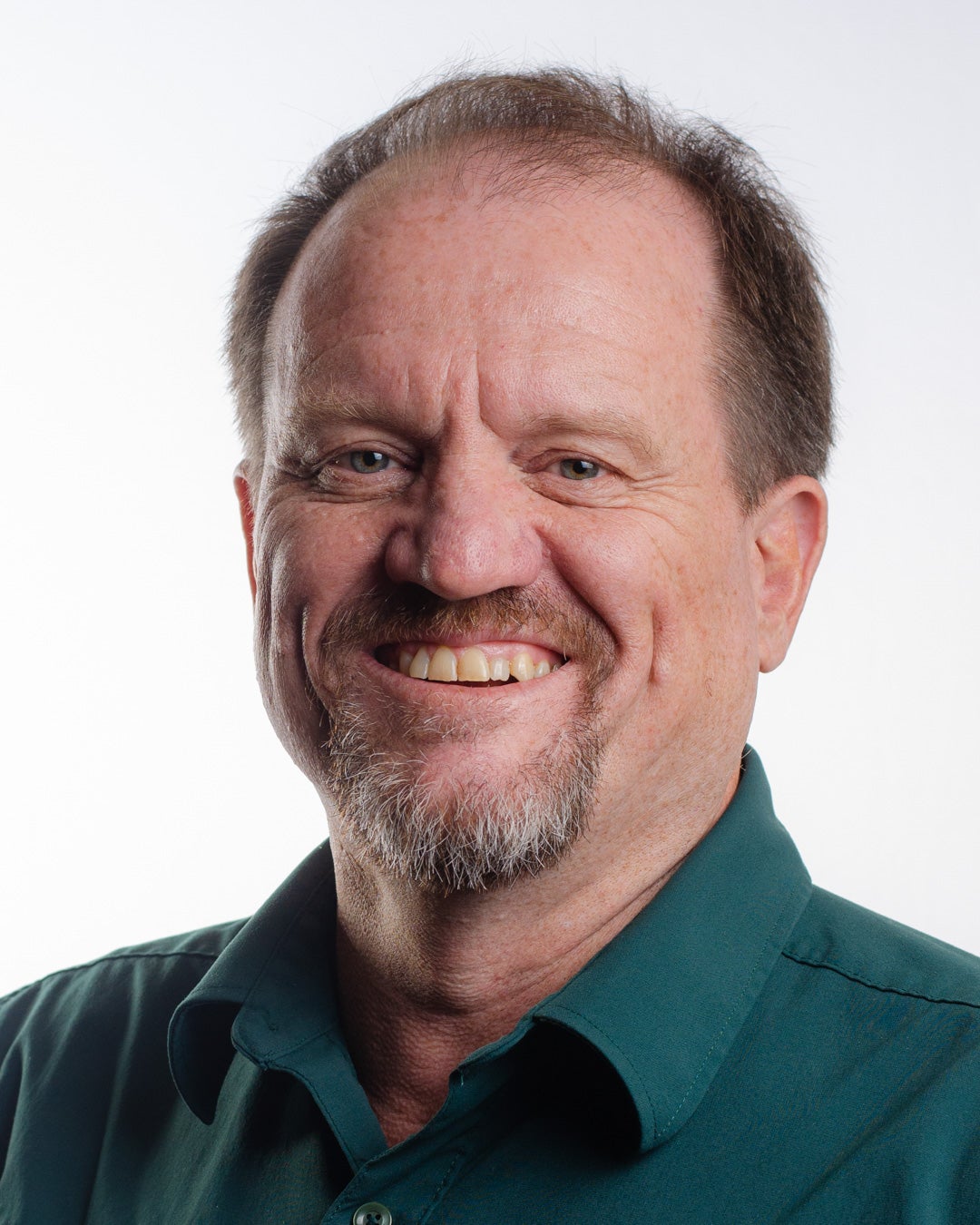
Join SERS's Practitioner-in-Residence, Trevor Swerdfager to hear about working in the federal Public Service. Trevor joined the Faculty of Environment in 2020 after a career spanning over 30 years in the federal Public Service.
After graduating from Waterloo’s Faculty of Environment in 1985 and University of Ottawa’s Master of Arts, Geography in 1988, he started as a contract biologist in Ontario Region of the Canadian Wildlife Service. He subsequently held positions in Environment Canada offices in Sackville, New Brunswick, Edmonton and Vancouver before becoming Director General, Canadian Wildlife Service in Ottawa. He then spent 18 months on Executive Interchange with the Forest Products Association of Canada before moving to the Department of Fisheries and Oceans as Director General, Aquaculture in 2007. The next ten years saw Trevor moving into roles as head of law enforcement and then a succession of Assistant Deputy Minister roles responsible for operational policy, fisheries management, marine protected areas, species at risk, aquaculture and environmental assessment before assuming the role of Assistant Deputy Minister, Science. The last 18 months of his Public Service career were spent as the Senior Vice-President Operations at Parks Canada where he was responsible for the operation of all Parks Canada National Parks and National Historic Sites.
April 27, 2022 - Panel Discussion: How to get a job in sustainability consulting?
We will be chatting with a panel of environmental consultants who specialize in sustainability consulting. This is a great opportunity for anyone interested in working for a consulting agency to gain key insights on:
- How the consulting and hiring process works
- Tips for getting your resume noticed
- What employers are looking for in junior employees
- Useful courses and certifications
Our panellists will include:
- Isha Mistry, MSc: Sustainability Consultant - Stratos Inc.
- Jessica Butts, MES: Principal - ESG Global Advisors
March 30, 2022 - Panel Discussion: How to get a job in environmental science consulting?
We will be chatting with a panel of ecologists, biologists, and geologists who work as environmental consultants. This is a great opportunity for anyone interested in working for a consulting agency to gain key insights on:
- How the consulting and hiring process works
- Tips for getting your resume noticed
- What employers are looking for in junior employees
- Useful courses and certifications
- Realities of fieldwork
- The various fields and disciplines you can specialize in
Consulting industry personnel who will be joining us include:
- Shaun Toner: Principal Environmental Scientist and Aquatic Sciences Technical Lead
- Noemie Jenni: Wildlife Ecologist
- Elisabeth Henson: General Manager of the Natural Science Team
- Quentin Chiotti: Practice Lead Climate Risk and Resilience
We will also be holding a climate circle and discussion around managing eco-anxiety and eco-grief as a student with Shaun Trainor, Youth Climate Circle Lead and Advisor at One Resilient Earth.
February 23, 2022 - Tailoring your resume for government job applications
We built off our January panel discussion on getting a job with the government by bringing in government agency personnel who provided guidance on how to tailor your resume for government job applications. We went through example job advertisements and discussed how government job applications are unique.
Government agency personnel who joined us included:
- Sydney Allen - Ontario Ministry of Labour, Training and Skills Development
- Philip DeWitt - Ontario Ministry of Natural Resources and Forestry
- Alice Miao - Ministry of Social Development
January 26, 2022 - Panel Discussion: How to get a job with the government?
For our first session of 2022 we chatted with a panel of ecologists, biologists, and planners who work for various levels of government. This was a great opportunity for anyone interested in working for a government agency to gain key insights on:
- How the government hiring process works
- Tips for getting your resume noticed
- Networking with key agency personnel
- Useful courses and certifications
- Different career paths within the public sector
Our panellists includes:
- Stephanie Avery-Gomm, PhD: Physical Scientists (Research) - Environment and Climate Change Canada
- Stacey Jeffery, MES: Strategic Initiatives Officer - Municipality of South Huron
- Jessie Cunningham, MSc: Technologist - Environment and Climate Change Canada
- Nicole Stamnes, MES: Senior Compliance Program Officer, Oceans Protection Plan - Fisheries and Oceans Canada
November 25, 2021 - Seventh Session
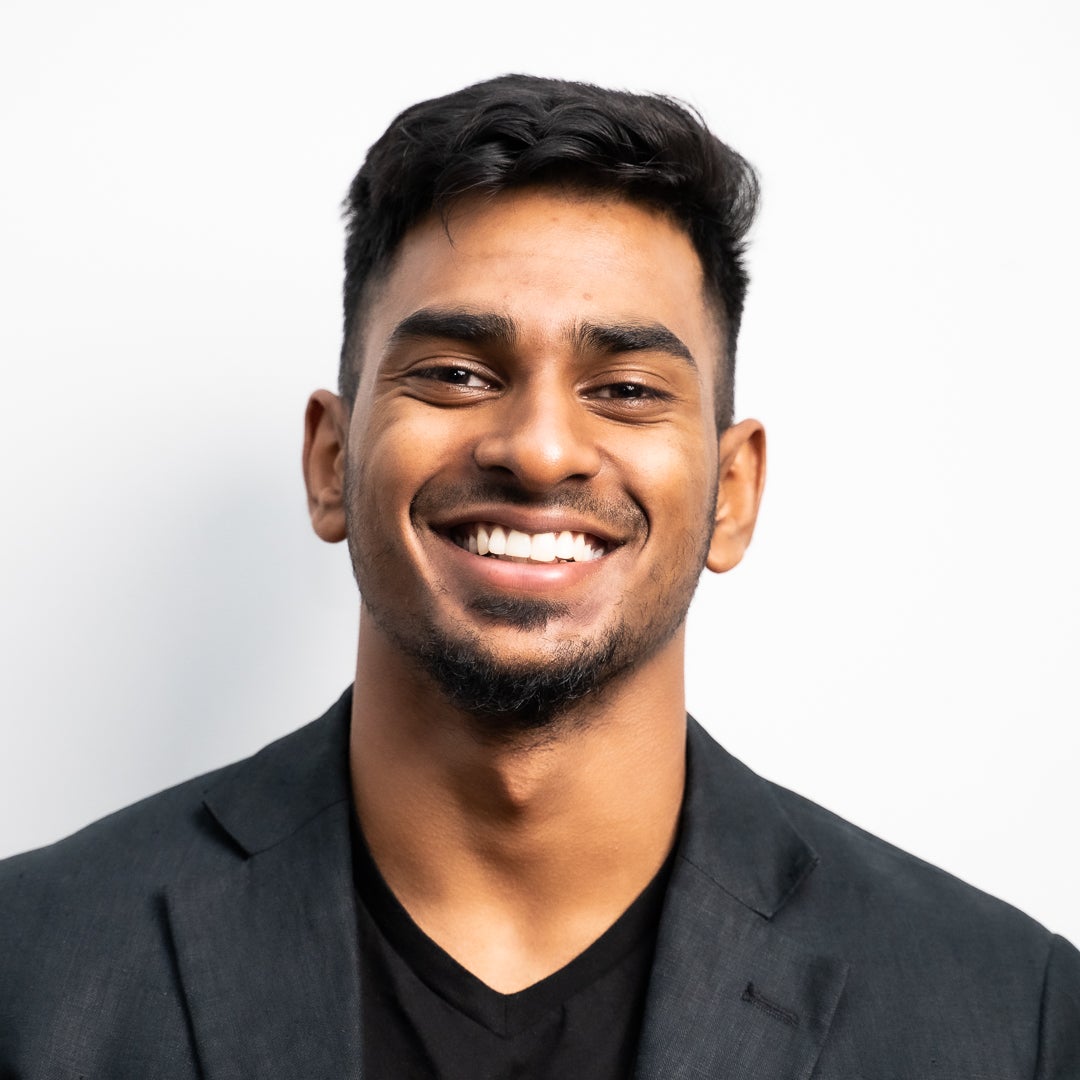
For our seventh session, guest speaker was SERS alumnus Ashoke Mohanraj who is an Environmental Advisor for the Royal Canadian Mounted Police and the Director of Programming at the United Nations Association in Canada Toronto Region Branch. Ashoke graduated from the Environment and Resource Studies, Honours, Co-op program in 2021 with diplomas in Environmental Assessment, and Ecological Restoration and Rehabilitation. He has over three years of experience as an environmental practitioner in various roles in both the public and private sectors.
Ashoke shared how he’s pursuing his passion for climate law and governance and environmental justice. He also spoke about the courses he enjoyed the most in SERS, his experience in co-op, and tips on job-hunting after graduation.
Key messages:
- SERS undergraduate courses
- Securing co-op work placements
- Getting a job after graduation
- Climate law and governance
- Environmental justice
October 28, 2021 - Sixth Session
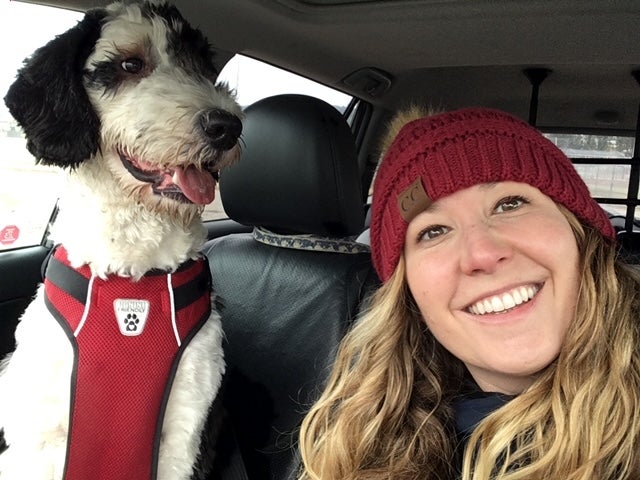
For our sixth session, our guest speaker was Heather McMahon who is a Project Biologist for the Ktunaxa Nation Council in Cranbrook, British Columbia. Heather graduated with an MSc from the University of New Brunswick in 2015 and has over 10 years of experience as an Aquatic Biologist working for environmental consulting companies and an Indigenous government.
Key messages:
- Environmental consulting
- Working for an Indigenous government
- Graduate school
- Pursuing a career as an aquatic biologist
September 30, 2021 - Fifth Session
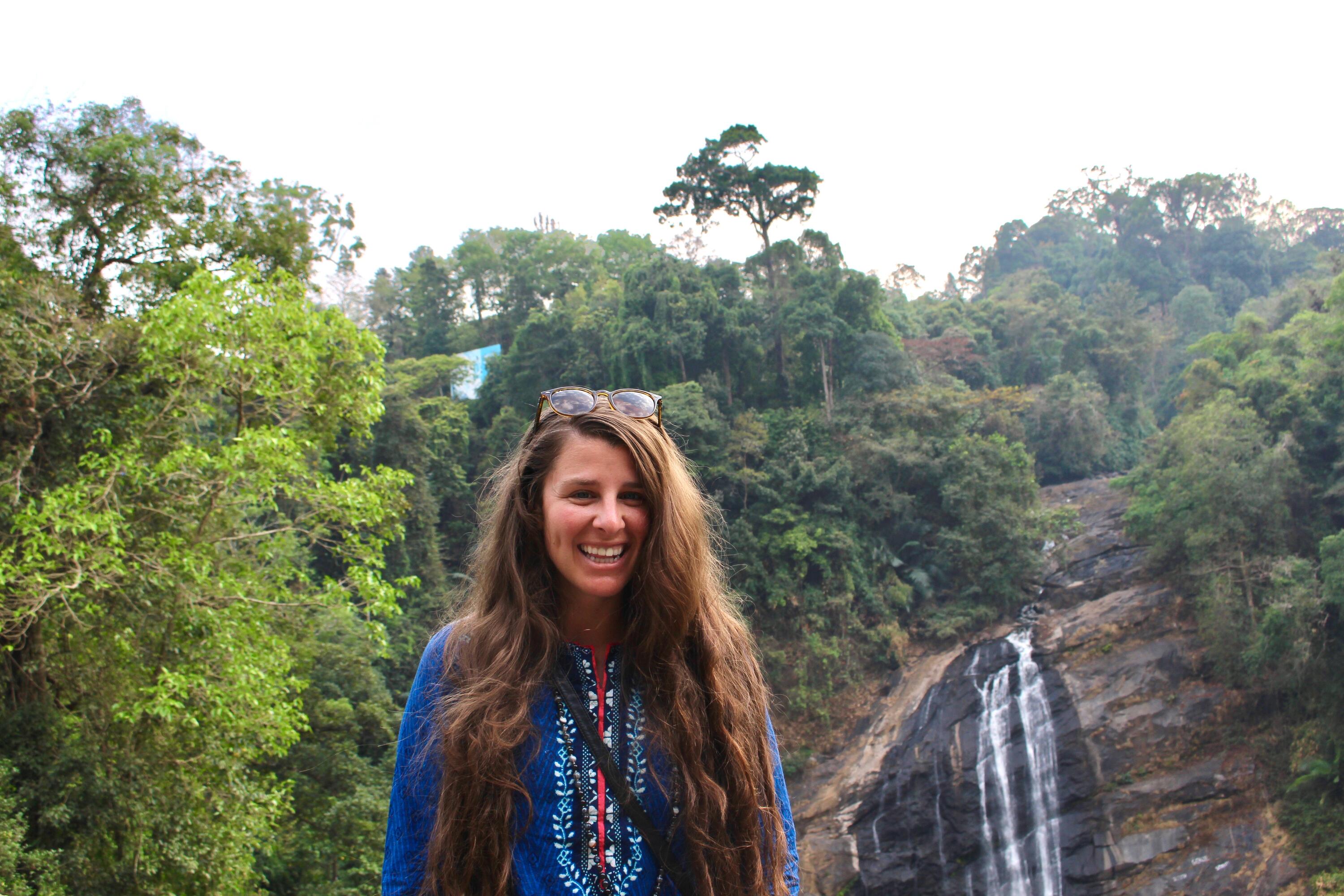
For our fifth session, Dani Lindamood joined us to chat about moving abroad for her masters, developing a passion project that shares water stories from around the world (Girls Gone Water), running her own consultancy, and securing full-time work in the water conservation sector. Dani graduated with an MES from SEED in 2017 and currently works as the Program Manager at the Wellington Water Watchers—a non-profit organization dedicated to the protection, restoration, and conservation of drinking water in Ontario.
Key messages:
- Independent consulting
- Working for non-profits
- Science communications
- Pursuing a Master of Environmental Studies
- UWaterloo’s Collaborative Water Program
August 26, 2021 - Fourth Session
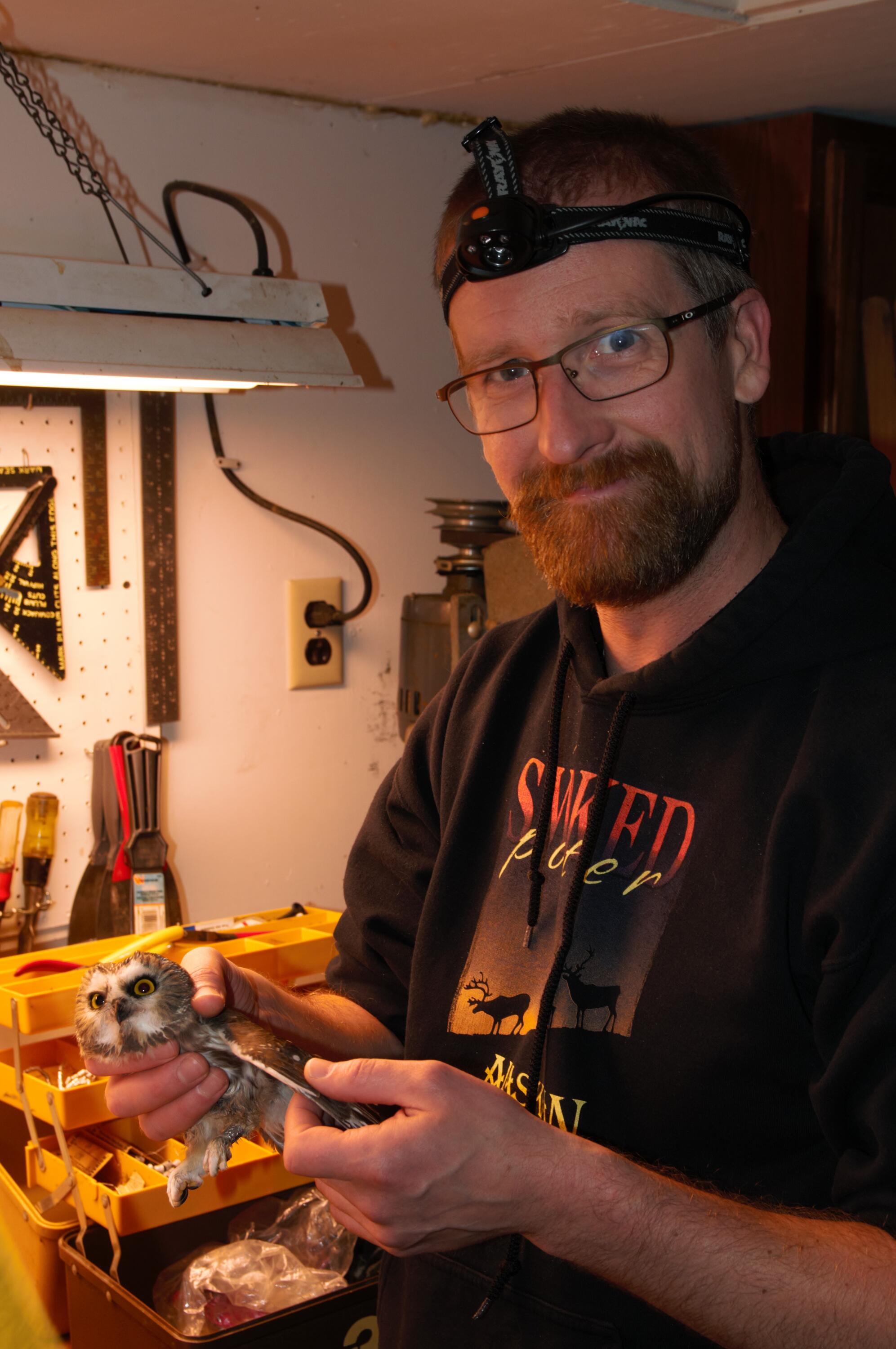
Our fourth session was held Thursday, August 26, 2021. This session began with a talk by our guest Philip DeWitt (Senior Ecologist and the Provincial Wildlife Monitoring Program Lead with the Ontario Ministry of Natural Resources & Forestry) who discussed his experiences as a field biologist working in consulting and government roles.
Key messages:
- There are various career paths within ecology—it’s OK if you still don’t know what I want to do even later into your career. It’s about trying new things and figuring out what’s next along the way.
- It’s not uncommon, especially in wildlife work, to submit hundreds of applications and only receive a few call backs.
- Personalize your resume and cover letter.
- Explicit demonstrate how you meet the qualifications for a job posting—make the hiring person’s job as easy as possible. For government job postings, use the same language in your resume/cover letter as the job posting.
- Be prepared to relocate for job opportunities.
- The most valuable part of a masters program is seeing a project from inception to completion. The specific research question is less important.
- To gain experience, volunteer in your field of interest – you will learn something, gain experience, make connections, all while doing something you care about.
- Listen before talking—particularly in a new job.
- When in doubt, ask questions.
- Nurture relationships that you care about—our field is small, and it gets smaller as you grow. You’ll see the same people again.
- Open every door—you don’t know where it will lead.
- Failure is not only an option—it’s a valuable experience
- Never stop working on your communication skills: listening, writing, speaking, and collaborating are critical everywhere.
- We all have the imposter syndrome. We all feel like we are faking it until we are making it. Recognizing this can be useful.
- Be gentle to yourself, we are often our own worst enemies.
- What people look for in a junior employee: critical thinking skills, team work, ability to work independently, and strong communication skills. The technical skills can be learnt on the job.
July 29, 2021 - Third Session
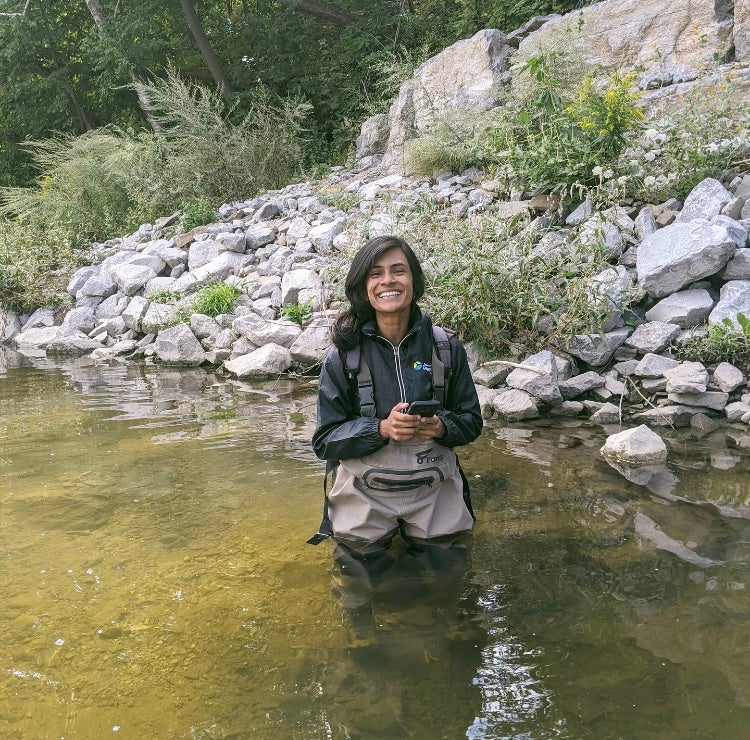
Our third session was held Thursday, July 29, 2021. This session began with a talk by our guest Thanya Aathavan who discussed her experiences as a SERS undergraduate student and her journey in finding a job post-graduation.
Key messages:
- Don’t be discouraged by the early days of co-op. Many people don’t find a job in their first co-op work term and that’s OK.
- Apply to anything you are interested in—even if you don’t get the job, the interview practice will help in the future.
- There are lots of on-campus resources, including professors, teaching assistants, and people at co-op services. Reach out to these people for career advice, tips on applications, and ask them to provide you feedback on your resume.
- Field courses give you useful experience for jobs that require fieldwork (e.g., evidence you can handle long days in the field regardless of the weather).
- Find a professor that you like and connect with them. Worst case, you have a conversation with someone who is in an industry you end up not wanting to get into; best case, you find a mentor
- Personalized resume and cover letters are really important. Ask another environmental practitioner to review it for you, don’t just use the UW template.
June 24, 2021 - Second Session
Our second session was held Thursday June 24, 2021. This session began with a talk by our guest Shona Derlukewich who discussed her career as a fisheries biologist working for consulting companies, provincial government agencies, NGO’s, and landing her dream job with Fisheries and Oceans Canada. Shona chatted with us for over an hour, answering student questions and sharing her experiences with “burn out” in the workplace. We ended with a great discussion of the mental health considerations both as students and practitioners and various resources we have on-campus.
Key messages:
- Volunteer experiences can help you follow your passions, gain public education experience, and build your network.
- Remember when you’re presenting that your audience wants you to succeed—you all have that common goal.
- When looking for a job it’s all about networking.
- Be eager to learn at work. Ask lots of questions, it’s OK to not know everything, just be willing to work hard and learn.
- You’ll never stop learning not matter how many years of experience you have.
- Your career interests may change throughout your career. Be open to exploring new options that may become your passion.
- Field work is both fun and challenging—usually it depends on the weather (-50 degrees Celsius is no fun).
- Don’t be discouraged by “failures” and tough experiences. These experiences are learning lessons and opportunities for positive change (e.g., Shona returned to school after she was laid off from a consulting job and now she has her dream job)
- It’s a small world, so try not to burn bridges
May 27, 2021 - First Session
Our first session was held Thursday May 27, 2021. This session began with a discussion of student ideas for the SERS Mentorship Program. SERS PhD candidate Jess Kidd then discussed her experience as an ERS undergrad, the transition to an MSc in Biology, and her 9 years of experience as an environmental practitioner.
Key messages:
- Volunteer experiences can help you stand out when job hunting.
- An honours thesis project can give you hands-on experience and help you stand out when job hunting or applying for graduate school. It’s never too early to start making connections with potential supervisors (i.e., SERS professors) and start thinking of project ideas.
- Your careers goals and interests will likely evolve overtime, so don’t put pressure on yourself to figure out exactly what you want to do now.
- The writing skills you develop during your SERS undergrad will help you succeed and standout in the workforce. So, embrace the writing assignments and go to the Writing Centre to upgrade your writing skills.
- Make positive and strong connections with your professors and fellow students. The environment field is small, so you will likely work with or for these people in the future. The stronger your network is, the easier you will find job hunting post-graduation.
- Research Assistant positions are a great way to build connections with professors and graduate students, and gain hands-on experiences that look good on your resume.
- Graduate school can be an opportunity to gain skills and experience in a field that you don’t have previous experience in. Graduate supervisors are usually looking for students who demonstrate they are willing to learn and work hard, not necessarily that they have previous experience in the specific topic.